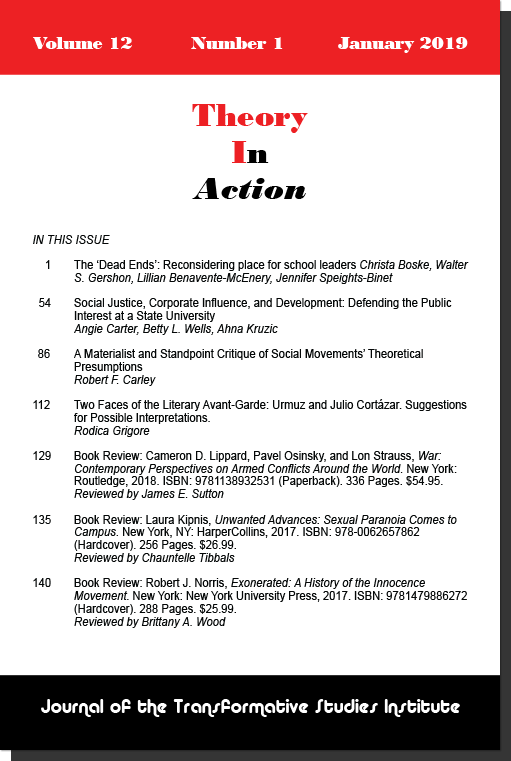Julie Mazzei
University of North Carolina Press (2009)
Reviewed by Ernesto Aguilar
The Georgia-based School of the Americas has been the convergence point for many years for activists concerned about the United States’ impact on Latin American policy. The SOA, now known as the Western Hemisphere Institute for Security Cooperation, has reportedly trained hundreds of military officers and has been blasted for years for allegedly aligning itself with death squads. A new book on Latin American paramilitary groups provides a good reference point to understand the complex relationships between the state, arms and privilege, and potentially to understand the current rise of North America’s own resurgent militia movement.
In Death Squads or Self-Defense Forces? How Paramilitary Groups Emerge and Challenge Democracy in Latin America, author Julie Mazzei presents a thorough examination of paramilitary groups, their use and how official power tolerates their existence amid diverse domestic insurgencies. Looking at Colombia, Mexico and El Salvador, Mazzei says the prominence of armed non-state factions — in Mexico, the Ejército Zapatista de Liberación Nacional; in Colombia, the Fuerzas Armadas Revolucionarias de Colombia; and in El Salvador, the Frente Farabundo Martí Para la Liberación Nacional — prompted, in almost all instances a backlash among conservative political elites in each country. With money, loyalists and a cause (be it opposition to reform, anti-Communism or fears of socialist takeover, land seizure, etc.), paramilitaries came to pass as the state apparatus found itself, due to varying circumstances, unable to respond, suppress or extralegally liquidate such rivals to its hegemony. In cases such as Mexico, where leading officials were unable to simply execute activist clergy, paramilitary groups handled the job, as they did in Acteal in 1997.
Paramilitaries gained notoriety as well with needs among the powerful, from drug lords to old moneyed classes in Latin America, to defend land from guerrillas. With that, Death Squads or Self-Defense Forces? is a fearless examination of centuries-old class fights in Latin America, though the traditional haves/have-nots liberal/conservative dichotomy is hardly as simple as it seems. In Colombia, paramilitaries declared an array of individuals to be collaborators with subversives, and thus legitimate military targets. Moderates and hardliners in 1970s’ El Salvador offered contradictory paramilitary solutions to fight the guerrillas. In Mexico, paramilitaries were just as easily populated by the poor who either sought a paycheck from the wealthy or opposed the leftists on ideological grounds. Social justice activism today would do well to understand the interrelations in Latin America that developed in response to progressive forces. It is not unreasonable to believe some of Mazzei’s studies could not be applied more broadly.
Given the simmering cauldron that is white rage in the United States, Death Squads or Self-Defense Forces? may also offer a glimpse at our own future. Mazzei’s work is particularly poignant given recent reports by the Southern Poverty Law Center and others attesting to the reestablishment of the dormant North American paramilitary movement. So-called citizen militias gained national headlines in the 1990s, during the term of Democrat Bill Clinton as U.S. President, and now during the reign of another Democrat, Barack Obama. In her study, Mazzei demonstrates the appeal of paramilitary groups the worries they exploit, and just how terrifying their power can be.
Mazzei’s scholarship, from the studies of three countries that have wrangled with the strength of paramilitary groups to what their presence says of relations in those countries, is necessary not only for understanding Latin America, but also how power shapes nations’ present in times of conflict.
